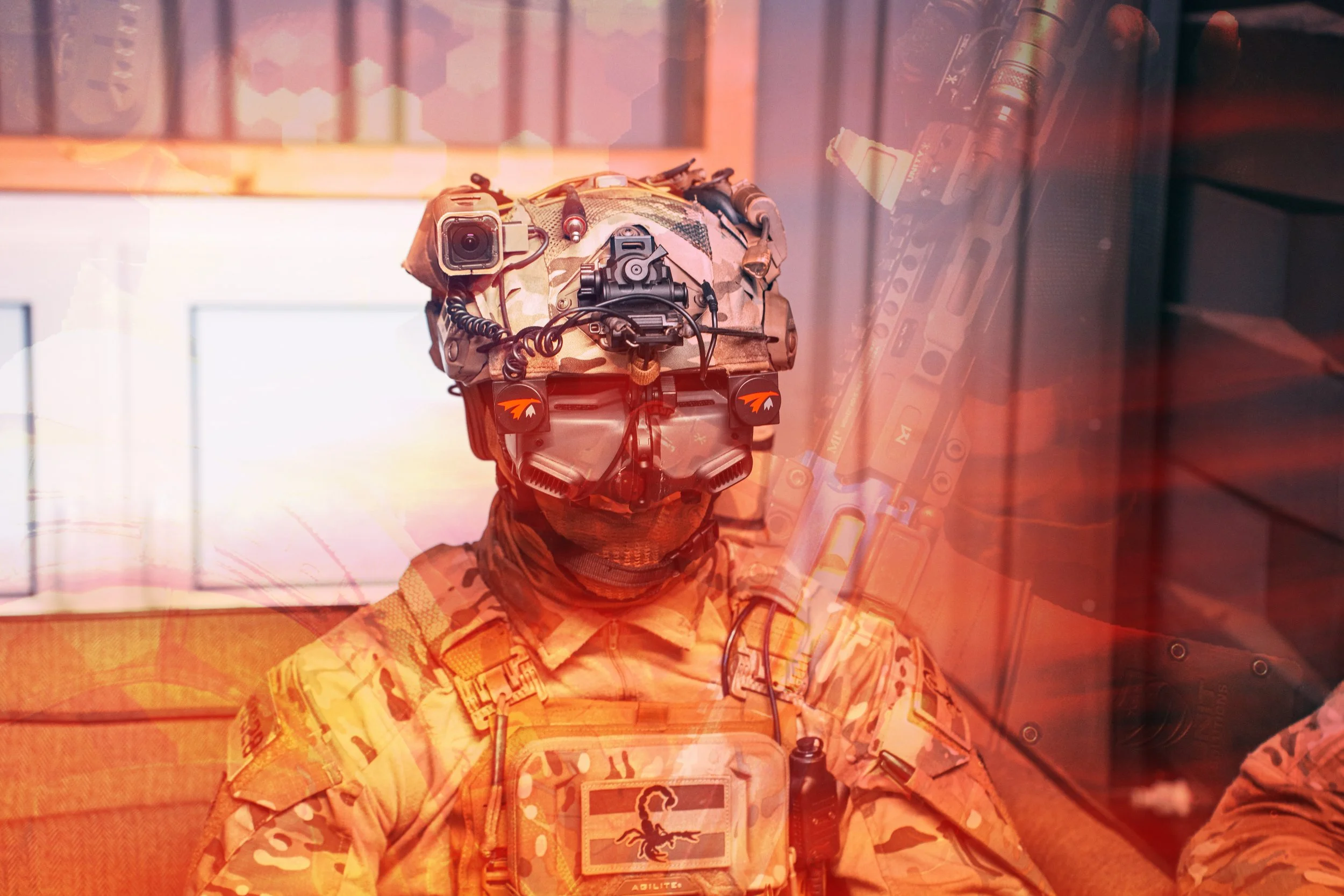Duration: 4 Days
Location: Project Gecko HQ, North Germany.
Audience: Law Enforcement & Military Units
Focus: Room Clearing with Tactical Drone Integration
Dates:
Start on Tue, May 26, 2026 at 8:00 AM.
End on Fri, May 29, 2026 at 3:00 PM.
Price:
1500ָָָ€
(Price includes Drone kit)
Want to be reminded? write use below!
Course Description:
D-ITCQB 01 is a 4 day BASIC indoor CQB-oriented drone course developed by Project Gecko, built on the ITCQB methodology.
This course is designed for teams who are interested in exploring solutions related to structure interior work with drones, and are interested to integrate drones into their tactical clearing procedures. Whether conducting dynamic entries or deliberate defensive clears, the Drone-ITCQB course provides a practical and realistic framework for the operational use of drones inside structures—not as a separate specialty, but as an organic extension of the team’s capabilities and in particularly within the baseline of ITCQB.
Unlike traditional drone training, this course is not specifically technology-driven. Instead, it emphasizes tactical integration, showing how drones can support CQB efforts by providing real-time reconnaissance, threat identification, and support to entry teams without breaking momentum or compromising safety.
Course topics overview:
1. The drone, software, equipment
2. FPV CQB related flight skills
3. Drone team roles, responsibilities and forms of communication
4. Corridor / room clearing procedures
5. Integration of drone into common CQB procedures
Course Overview
Drone–ITCQB focuses on the operational integration of drones into interior clearing, treating the drone as an organic extension of the CQB team, not a stand-alone capability. The course will include both CQB modules and FPV related modules.
Participants will learn how to:
Decide when a drone should be deployed
Understand the drone cell roles and responsibilities
Understand how to fly efficiency employing CQB principles into FPV FOV
Prioritize drone tasks when multiple rooms, corridors, or depth problems exist
Define the drone’s limit of advance and when it should stop, land, or hold observation
Manage communication, positioning, and protection of the drone operator / team.
Understand when to use a drone, a ground robot, or a second drone
Translate drone information into immediate team decisions without slowing the operation.
Use multiple drones for attack or search of complexes
Training is conducted through live indoor drone flying, integrated CQB drills, and scenario-based problem solving, all aligned with ITCQB principles.
Outcome
By the end of the course, participants will be able to integrate drones into interior CQB operations with clarity and discipline—understanding not just how to fly, but how drone use supports team movement, safety, and decision-making inside structures.

